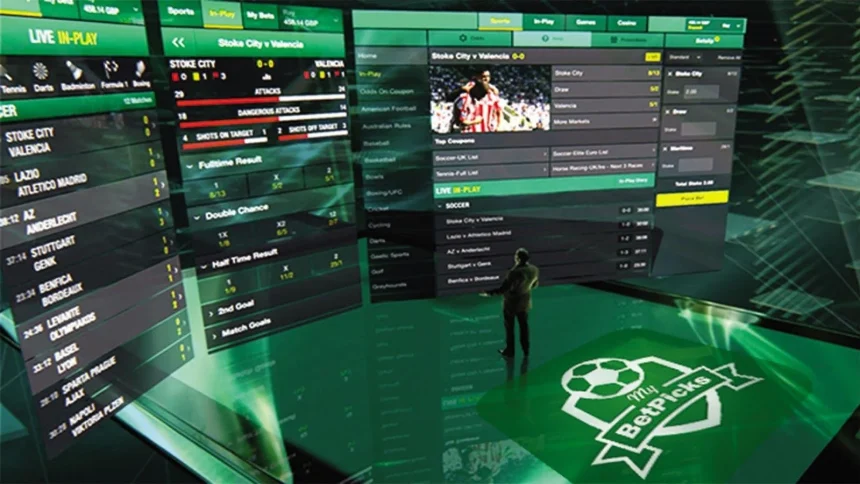Sports betting is a form of gambling in which one places bets on the outcome of an event. This could be on either a game or player’s performance, with bookmaker odds determining your chances for success.
Sports betting is legal in many countries, yet it continues to have an effect on athletes and sportsmanship. This issue has become particularly acute for college student-athletes who can now place wagers on their favorite teams and players.
Legality
Legal sports betting has become a widely enjoyed pastime across America since the Supreme Court’s 2018 ruling to overturn the federal ban on it. Now, several states have legalized it as well.
However, there is much controversy regarding sports betting and its effect on athletes and sportsmanship. Some people believe that betting on sporting events is unethical and could lead to corruption or other abuses.
Professional athletes are prohibited from betting on their own games to protect the integrity of the sport. This also applies to officials, managers, and coaches who are part of a team.
Sports betting can also lead to match fixing, where participants use methods to increase their chances of winning or guarantee a certain result. This could be done for financial gain or other advantages such as winning the lottery.
Regulations
Sports betting, once seen as a pernicious vice by some, has seen its share of acceptance following the 2018 Supreme Court ruling that granted states the power to regulate wagering within their borders. Although NCAA and other professional sports governing bodies still prohibit gambling on athletes’ behalf, many states have gone all in on it.
Michigan boasts one of the nation’s largest and most lucrative gambling industries. While it has come a long way from its 1920s heyday, Michigan continues to stay ahead of technology with one of the most progressive regulatory schemes around. Though there is still much work to be done, Michigan recently announced plans for online sports betting including first-ever state-regulated mobile gambling – though a final determination from Justice Department on their application remains pending.
Betting options
Sports bettors have a range of betting options available to them, from futures bets to live betting. The latter is especially popular among dedicated punters who like to wager while the game is still ongoing.
Betting on sports can become an addictive habit, leading to financial strain, relationship problems and career decline.
These consequences can be overwhelming and difficult to recover from. People with gambling issues often struggle with feelings of shame and guilt, a lack of control over their actions, and an inability to stop.
Research has indicated that young people are especially at risk of developing a gambling disorder. Statistics show there to be three times more moderate problem gamblers than lottery players and six times more high problem gamblers – figures which have only grown with the rise of online gambling.
Taxes
Athletes are particularly prone to gambling addiction due to their intense competitive drive. They must constantly strive to be the best in their sport, which often influences their decisions off the field.
Recent qualitative study by Moriconi and Cima (2019) examined sports betting practices among professional football, handball and basketball players. Despite prohibitions against it, athletes reported feeling compelled to wager in their own games due to their passion for competition.
Furthermore, players believed gambling provided them with a sense of prestige within their team or group, similar to an official monetary prize or cash bonus.
However, athletes and their families should be aware that placing large bets on their favorite teams may put them at greater risk for developing gambling issues. Gambling harm education resources aim to reduce these dangers by informing athletes about the potential repercussions of Free Sportsbook Bet, so that they can make responsible choices regarding their gambling behavior.











